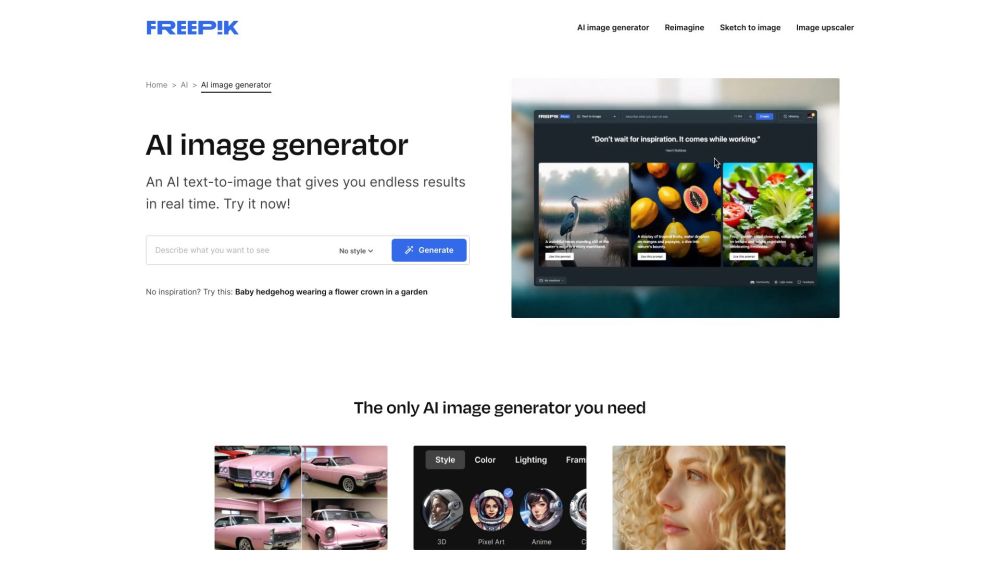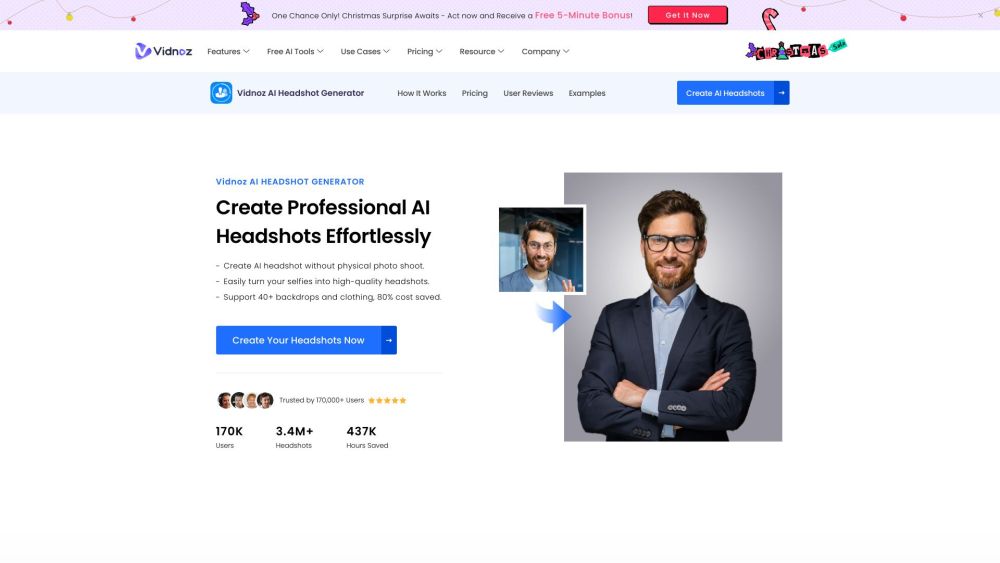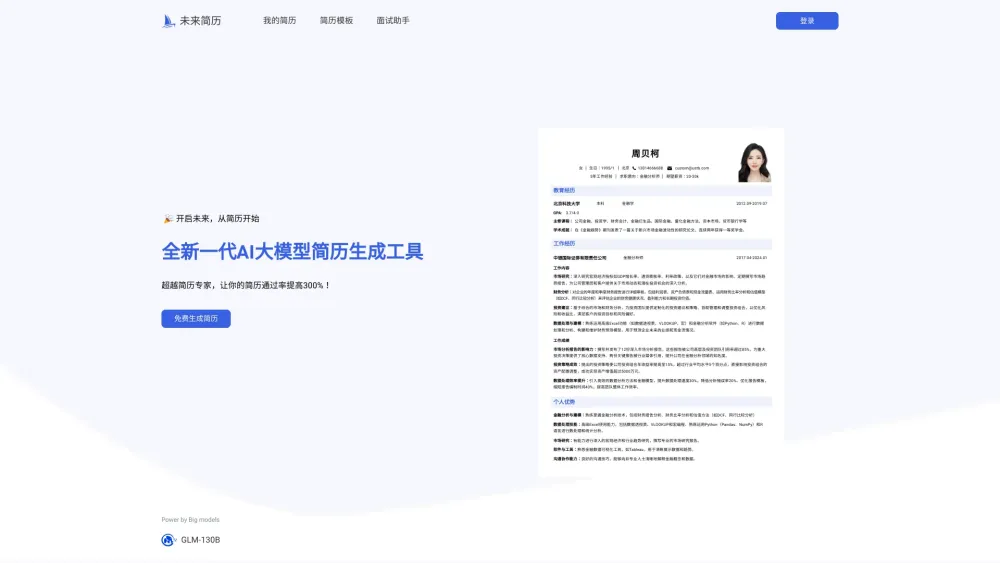Microsoft has introduced its response to Google’s AI-driven search capabilities: Bing generative search. Following a pilot program in July, this feature began rolling out to U.S. users today, still in active development. To access it, simply search for “Bing generative search” on Bing. Microsoft has also added an option to more easily activate Bing generative search for specific “informational queries.”
Powered by advanced AI models, Bing generative search compiles information from various online sources to produce a comprehensive summary in response to user queries. For instance, if you search for “What’s a spaghetti western?” the feature will provide a detailed summary of the genre's history and notable examples, along with links for further reading.
Similar to Google’s AI Overviews, users can opt to turn off AI-generated summaries and return to traditional search results from the same page. Bing generative search does more than provide simple answers. As Microsoft explained in a blog post, “It comprehends the search query, examines millions of information sources, dynamically curates content, and generates results in an innovative AI-driven format to better meet user intent.”
Microsoft emphasizes that Bing generative search enhances the chat answers introduced on Bing in February 2023, offering a more reliable way to interpret user queries. However, concerns about AI-generated search results highlighting inaccuracies persist. For example, Google’s AI Overviews once incorrectly recommended putting glue on pizza; Arc Search mistakenly claimed that severed toes could eventually regenerate; and Genspark suggested unusual weaponry for potential harm. Meanwhile, Perplexity faced criticism for copying articles from reputable outlets such as CNBC, Bloomberg, and Forbes without proper attribution.
AI-generated summaries may also impact traffic to the websites they reference. A study revealed that Google’s AI Overviews could negatively affect around 25% of publisher traffic because they downplay article links. In July, Microsoft committed to closely monitoring how generative search influences publisher traffic, stating they had preliminary data suggesting Bing generative search “maintained” website click-through rates. However, they did not provide updated insights on that research today.
Nonetheless, changes to the Bing experience may have a limited effect compared to Google’s, given Google's substantial lead in the search market. According to Statista, Google held an impressive 81.95% share of the global search market as of September 2024, compared to Bing's 10.51%.





